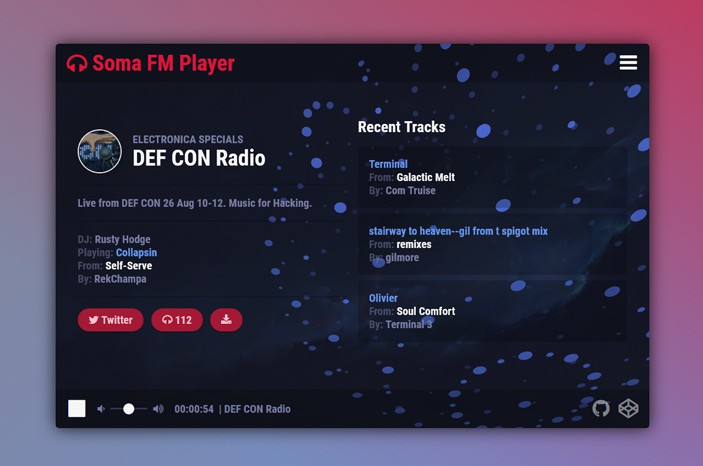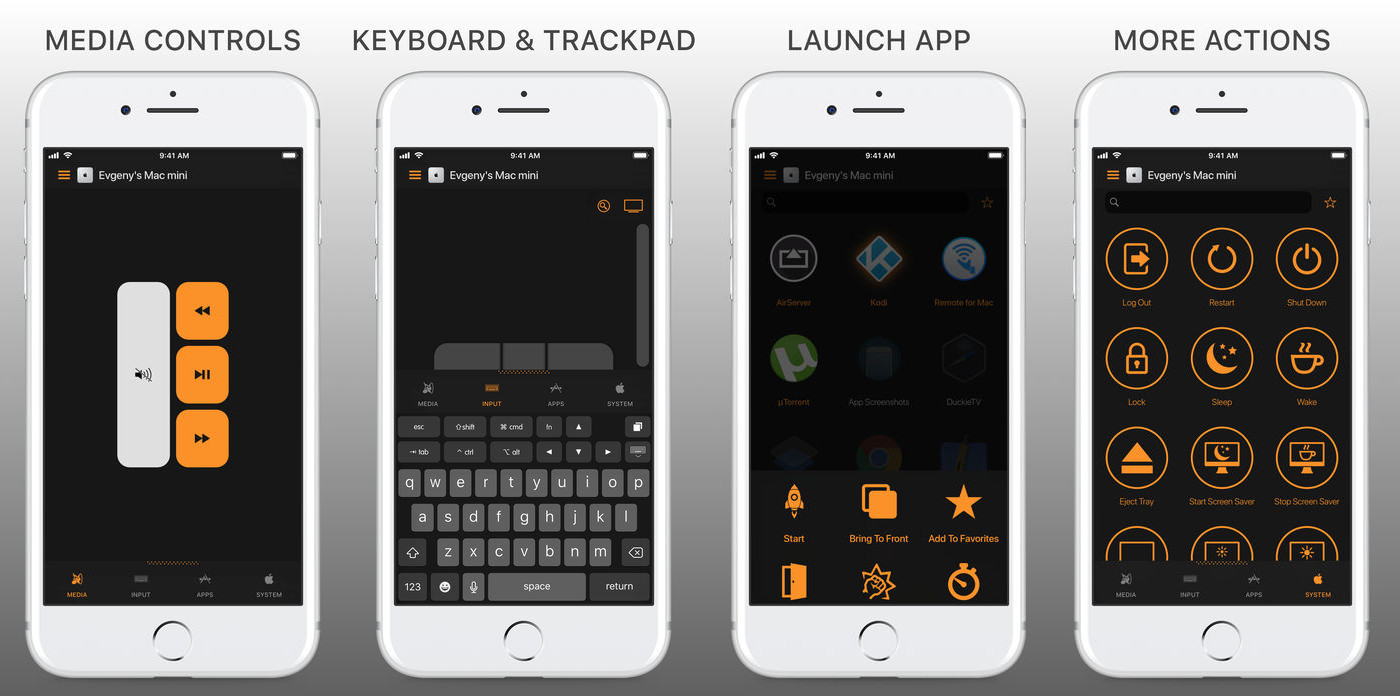

But we play the stuff no one else plays." I get complaints from music licensing companies saying SomaFM is not effectively monetising the music we play. "They are all ads for dating sites, like bad banner ads, only in audio. "Internet radio advertising is horrible," says Hodge. A third of SomaFM's revenue comes from regular subscribers paying anything from $10 to $50 dollars a month.


#REVIEWS SOMAFM RADIO PLAYER IOS FREE#
It operates completely commercial free and relies totally on listener support, by way of donations.ĭuring tough months, Hodge ups the fundraising ante with emergency appeals on its website or on Twitter and Facebook and loyal listeners usually rally to the cause. I already had a small ISP,, so we did some branding and a bunch of stuff came together and we registered the domain name in January 2000." "When we got going, people really started liking it, and I thought wow, there's not much of this music out there. The station's most popular station is Groove Salad, playing a mix of ambient and chilled out beats that became a hit with techies, designers and artists who tuned in while they worked on their Macs. SomaFM started, like all great startups in the Bay Area or Silicon Valley, as a hobby in the garage of his house. "The DJs connect their laptops to our playoff systems that run off a datacentre downtown and they schedule all the music for the day," says Hodge. " all have normal jobs, they come in here, grab new music that's sent to the station on CDs from various labels, we trade music between each other and they playlist together from their laptops. The station is still going strong and with over 5.8 million "listener hours" a month is one of the larger internet-only broadcasters. Hodge, now aged 49, was a young dotcommer during the first internet boom in the 90s, working as a programmer for startups in the San Francisco Bay area.Īlong with the help of eight part-time DJs, SomaFM has pretty much maintained a continuous presence on air for 12 years. I thought it would be really good to have something like that, but whereas with college radio the programming drastically shifts after an hour, I thought we'd have multiple channels with fairly consistent programming on each channel," says Hodge. "One of the things I always loved about college radio was that they don't have any commercials. The music is streamed and segued 24/7 with no commercial breaks or inane DJ chatter. Instead of simply churning out music, SomaFM's playlists are carefully curated, handcrafted affairs. He worked for Real Audio, which developed the first streaming technology in the mid 1990s and DJed on college radio before officially launching SomaFM in 2000, becoming one of the first internet radio stations. "I've been doing stuff on the internet since '88 or '89," he says, when I caught up with him at SomaFM's nerve centre in downtown San Francisco.


 0 kommentar(er)
0 kommentar(er)
